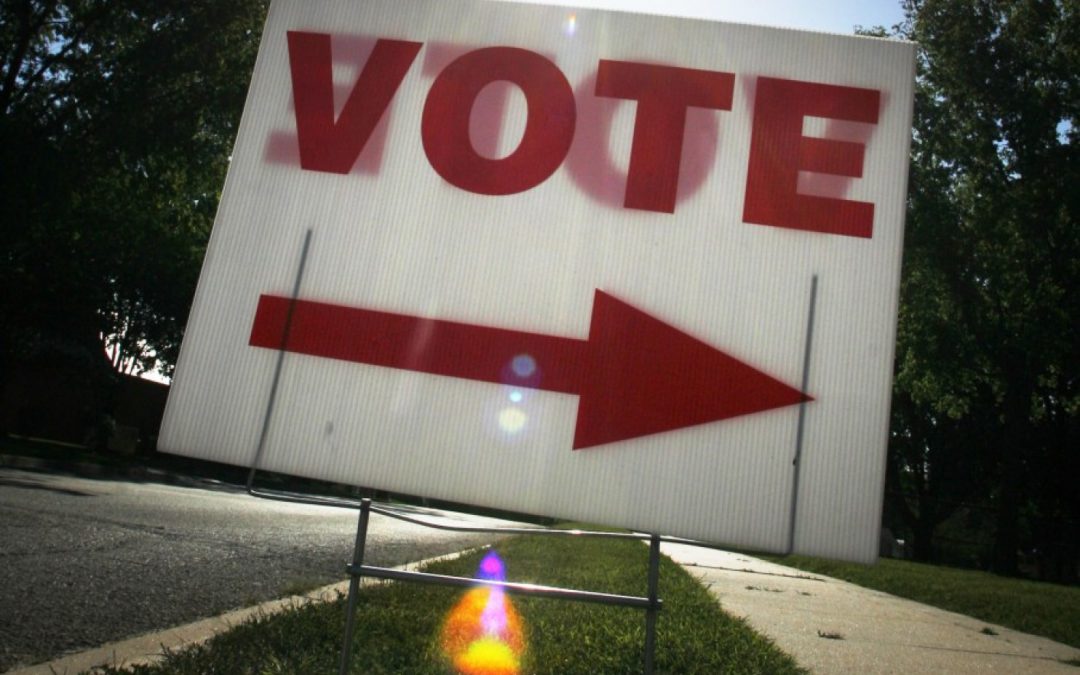
The Slow and Consequential Death of Local Newspapers
News Deserts and Civic Erosion: The Consequences of Losing Local Journalism
Local newspapers are closing at an alarming rate. Not only are they disappearing, but many are also merging or consolidating operations (looking at you Gannett).
Since 2005, approximately 3,200 local newspapers in the United States have either shut down or merged with other publications. Even more troubling, the rate of closures has accelerated in recent years:
- In 2022, about two newspapers closed per week.
- By 2023, the rate increased to 2.5 closures per week.
If this trend continues, by the end of 2024, one-third of the newspapers that existed in 2005 will be gone.
Some view this decline of traditional media as a necessary step forward—a form of “creative destruction” that clears the path for innovation and more engaging alternatives. Others, however, see it as a sad but inevitable transition, where nostalgia is being replaced by newer, seemingly “better” options that align with individual preferences.
But in the world of politics, this isn’t just a shift in how we get our news—it’s a seismic change with far-reaching consequences.

Research shows that when local newspapers fade away:
- Local Political Awareness Erodes: Citizens know less about local issues and are less likely to participate in state and local politics.
- Nationalization of Politics Intensifies: All politics becomes national politics.
- Democratic Accountability Weakens: Local corruption thrives when no one is watching.
- Civic Engagement Declines: Voter turnout decreases, especially in smaller communities.
Now, new findings tie the death of local newspapers to something even more worrisome: increased polarization and an increase in straight-ticket voting.
Let’s dive into the academic research that unpacks these intriguing connections.
Study at a Glance
- Title: Newspaper Closures Polarize Voting Behavior
- Link: Journal of Communication
- Peer Review Status: Yes
- Citation: Darr, Joshua P., Hitt, Matthew P., and Dunaway, Johanna L. 2018. “Newspaper Closures Polarize Voting Behavior.” Journal of Communication 68: 1007–1028.
Paper Introduction
The researchers sought to answer a pressing question: what happens to voting behavior when local newspapers shut down?
Specifically, they examined the effect of these closures on split-ticket voting—where voters pick candidates from different parties for different offices.
The hypothesis? Fewer newspapers might mean less local political news, leading voters to rely on national, partisan sources instead. Spoiler alert: the hypothesis holds water.
Methodology
This study employed a quasi-experimental design using genetic matching.
It compared counties with and without newspaper closures between 2009 and 2012 while controlling for demographic and economic factors.
The researchers analyzed 110 closures and measured changes in split-ticket voting by looking at differences in votes for presidential and senatorial candidates in 2012. Their main dataset came from the National Digital Newspaper Program and other demographic sources.
Results and Findings
Here’s where things get spicy:-
-
- A 1.9% Drop in Split-Ticket Voting Counties that lost a local newspaper saw a decline in split-ticket voting, meaning voters were more likely to align their choices strictly with party lines. While the percentage may seem small, this represents a meaningful uptick in polarization.
- The Role of National News Voters in affected counties appeared to turn to national media, which is brimming with partisan rhetoric. Without local reporting to highlight nuanced, community-specific political issues, voters defaulted to “us versus them” party cues.
- It’s Not About Information Loss The researchers ruled out the idea that voters simply lacked enough political information. Instead, they suggested that nationalized media drowned out diverse perspectives, emphasizing polarized party identities.
-
Critiques and Areas for Future Research
- Is 1.9% really that large? This study look at changes for national offices. At the local level (congressional & state legislatures), it is likely that a voter lives in a safe district, and 1.9% isn’t likely to make a huge difference.
- Generality of Results:
The study used counties as its unit of analysis, which may mask individual-level differences in behavior. Future research could incorporate voter surveys for a more granular view. - Limited Time Frame:
The analysis stops at 2012 (darn peer review….), and it’s unclear whether the trends persisted or grew stronger in subsequent years as media consolidation continued. The - Geographic:
Regions with robust alternative media sources might experience less polarization than those with few news outlets. Exploring the rural/urban divide specifically and expanding the dataset to include these factors could yield deeper insights.
Conclusion
Local newspapers are more than just sources for restaurant health reports, high school football scores, and lottery numbers.
They serve as a vital check against potential corruption and the increasing influence of nationalized, hyper-partisan news outlets.
This study presents a clear message: local journalism is about more than mere nostalgia – it’s about mitigating the growing political divide in America.
Sadly, I believe the decline of local newspapers is now irreversible.
Despite recognizing the effects, I confess I cancelled my own subscription to the local newspaper. The “local” newspaper had lost its local focus, and honestly, the overall product is terrible. (To add insult to injury, the cancellation process was appalling. After paying online, I was forced to speak with a persistent salesperson who tried to pressure me with “special deals” “just for me.”)
Nevertheless, it’s essential that we grasp the significant consequences of this trend.








